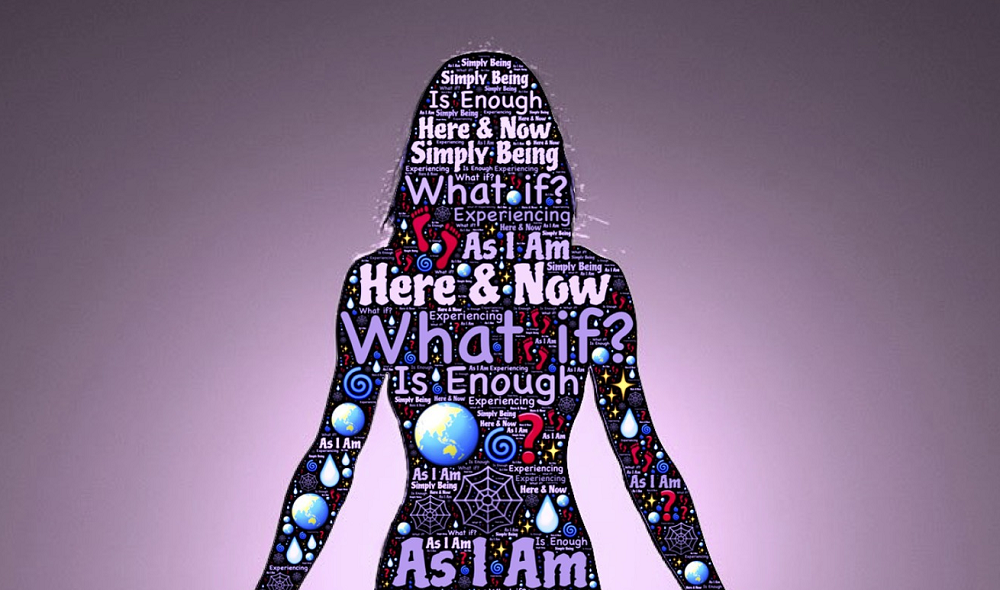Ethics is a demanding and challenging thing for healthcare professionals to evaluate when they are working with a patient and assisting them to follow a healthy lifestyle. The healthcare workers have to act on some key decisions and are not able to choose.
They need a little bit of guidance and support in making these decisions morally. Here the clinical ethicist comes to the rescue.
A clinical ethicist offers required guidance to patients and their families, professional staff on ethical legal and policy issues and questions arising from medical interaction between patients and healthcare professionals.
Educational Requirements
Individuals working in the field of clinical ethics start their career in the health care sector as physicians, nurses and healthcare administrators and then pursue a graduate degree in medical ethics.
- Get a bachelors’ degree in bioethics and medical ethics, philosophy, law, religious studies and theology.
- Go for MCAT (Medical College Admission Test), GRE (Graduate Requisite Exam) or LSAT (Law School Admission Test).
- Completion of the graduate school of 2-7 years. Clinical ethics are in great demand as universities and colleges are offering courses in ethics and bioethics.
- Students are opting for a masters or PhD in bioethics and a doctorate or J.D in health law.
- A law student can also take up the job as a clinical ethicist. The candidate has to earn a certification in bioethics or medical ethics.

Responsibilities of Clinical Ethicist
The key responsibilities of these professionals are three-fold:
- Consultation of clinical ethics
- Curriculum development and execution for medics’ residency and clerkship programs.
- Research and publication
Provide education on bioethics, professionalism and patient care to medical students, residents and supervisors. Guide hospital personnel on principles and ethics.
Counsel hospital administrators on hospital policies and assign the moral issues related to proposals. Examples of the proposals can be the removal of the life support system and DNR orders.
Research centres use the services of these professionals for appraisal and evaluation of research studies ethics and to maintain the research standards for quality of research.
Assessment of risks involved with latest medicines and procedures and discusses the same with physicians and patients.
Skill set of Clinical Ethicist
A clinical ethicist should possess the following skills.
- Should be able to make hard and difficult decisions in health care ranging from experimental treatment options to insurance claims to suicide.
- Excellent communication skills. Should present their views clearly and be calm and focused during heated debates.
- Should take criticism in a healthy manner as they need to be aware as there may be other healthcare professionals and advisors who may not consider their decision.
- Should be patient enough, sensitive and caring to explain the treatment options and their ethical implications. They should also be able to evaluate if the patient has enough knowledge to choose the best treatment option for them among all the suggested options and move with the one.
- Should make ethical decisions and be aware of the implications it has as a result of new and latest technology.

Workplace of a clinical ethicist
These professionals are required to work in hospitals, academic institutions, federal agencies, insurance companies, medical research systems, private practices, health care facilities and physician group practices.
They can also work as teachers and professors in educational institutions like colleges and universities. They work as advisors in pharmaceutical companies and make sure that the product development and medical research is going on within the prescribed standards of bioethics.
Physicians and working nurses can also opt for a career in clinical ethics.
Most of the time of these professionals is consumed by working along with doctors and patients in clinical settings.
You→ Good Resume →Job
Common work activities on the job
A normal daily routine of a clinical ethicist consists of the following:
- Review of ethics-related questions
- Answering morally unclear questions raised by patients.
- Clearly communicate with healthcare professionals, board members, administration staff, patients, and patient family members.
- Remain calm and composed during debates or any other opposition to their ethical recommendations.
- Educate patients and their families.
- Review of research proposals for ethical standards.
- Overview of research projects for Ethical procedures and guidelines.
- Be up to date on the industry trends.
- Completion of continuing education credit requirements

Job Outlook and Salary
According to the Bureau of Labor Statistics, the job prospects and employment opportunities for medical ethics are really good as work ethics are an important thing to be considered in the health care sector. So an expert in clinical ethics is required. Positive growth is projected in job opportunities in future.
The average salary of a clinical ethicist is $65,740 per year. The salary is dependent on many factors like education and training, experience and past workplace.
– Samiya Firdous






